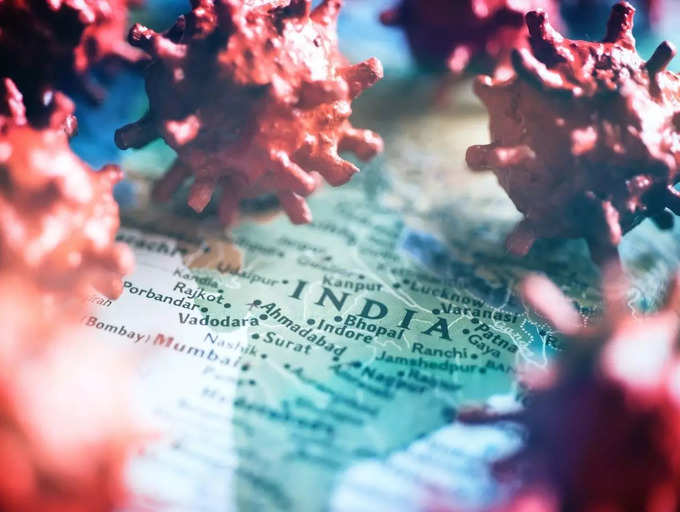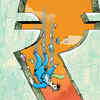01/5When can we expect a third COVID wave?

Following the devastation caused by the second wave of coronavirus, experts have left no stones unturned to predict and stop the rise of another wave.
Given that the Omicron variant has infiltrated Indian borders and led to a sudden surge in the number of COVID-19 cases, the onset of a third wave in India is highly probable, as per experts. While the severity rate is said to be 'mild' so far, health officials around the world continue to urge people to take all preventive measures.
02/5Omicron - a variant of concern


First detected in South Africa, the B.1.1.529 or the Omicron variant was designated as a 'variant of concern' by the World Health Organization (WHO). Given the sudden spike in the number of COVID-19 cases in and around the world, with about 21 cases in India itself, the new variant is said to be highly transmissible.
What makes it dangerous are the 30+ mutations in the spike protein, which are believed to help the virus evade vaccine-induced immunity. However, so far doctors and medical professionals have reported no severe hospitalisation cases.
03/5Third wave possibility


The new COVID variant has surely become a matter of great concern. With India having been hit the hardest during the second wave of COVID-19, the B.1.1.529 or the Omicron variant has only increased the likelihood of a possible third wave .
That being said, as per the Sutra mathematical model for COVID-19, developed by IIT Kanpur, a third wave of COVID-19 is likely to hit India early next year between January and February 2022. The project head, Professor Manindra Agrawal revealed on Saturday, December 4.
04/5Will it be severe?


"It may well be that the hospitalization load is even lower as there are indications that the cases are mostly mild. We need to wait for more data to be sure," writes Professor Agrawal on twitter, suggesting that the wave will be milder and more manageable.
"As observed during the spread of delta, a mild lockdown (night curfew, restrictions on crowding) can bring down beta substantially. That will significantly reduce peak value," he adds to the thread.
05/5Lessons we learnt from the second wave of coronavirus


India's medical infrastructure faced unprecedented challenges during the second COVID-19 wave. The lack of hospital beds, shortage of oxygen supplies, insufficient availability of specific drugs, all lead to a critical situation.
Furthermore, the mortality rate was extremely high, making it difficult for people to cope with it mentally.
That said, it is important that we focus on stopping the surge, rather than depending entirely on the treatments available. Wearing masks, maintaining distance, avoiding crowds and most importantly, getting yourself vaccinated is highly crucial.












































































































closecomments
SIGN IN WITH
GoogleEmail